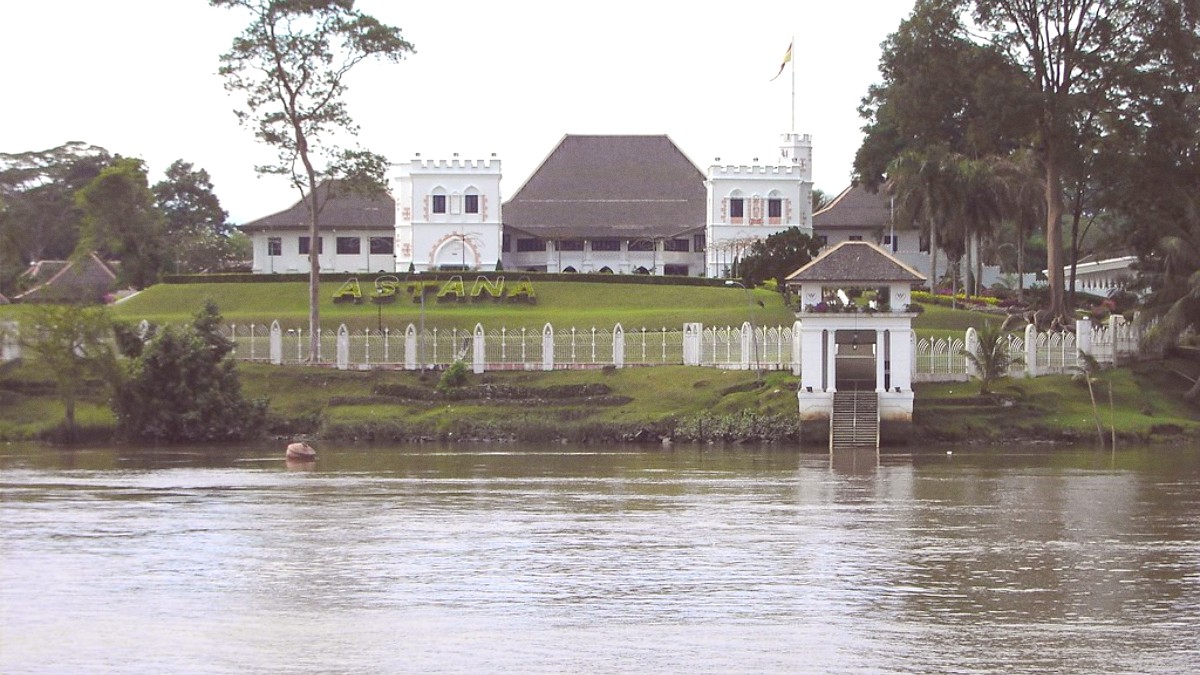
Malaysian Borneo Sarawak, Malaysia
A Yellow Fever vaccination certificate is for arrivals from countries with Yellow Fever transmission risk. Check the latest WHO list for these countries. Consult a healthcare professional well before your trip for personalized advice. Routine vaccinations (MMR, DTP, Polio, Flu) are common. Travel-specific vaccines might include Hepatitis A/B, Typhoid, Japanese Encephalitis (rural areas). Rabies for animal contact.
Dengue fever is prevalent. Use Insect repellent, especially at dawn and dusk. Wear long sleeves/pants. Drink only bottled or purified water. Eat well-cooked food from reputable establishments. Wash hands frequently; Hand sanitizer is useful. High heat/humidity pose risks for dehydration and heat exhaustion. Stay hydrated, avoid midday sun, wear light clothing. Clean/treat cuts promptly with a First aid kit. For insect repellent, consider Sawyer Permethrin for clothing and Sawyer Picaridin for skin.
Travel insurance is a strong recommendation for any international trip. It is a good idea to ensure your policy covers medical emergencies, including emergency evacuation. Look for coverage for trip cancellation or interruption, and lost luggage. If you plan activities like trekking or diving, consider policies that specifically cover adventure sports. A reputable provider like World Nomads Travel Insurance is a common choice. Purchase insurance before your trip begins.
Keep these numbers accessible, both in your phone and on a physical piece of paper: General Emergency (Police, Ambulance, Fire): 999. Tourism Police: 082-254 411. Keep the contact details of your country's embassy or consulate. Most foreign embassies are in Kuala Lumpur. Some countries might have an honorary consul in Kuching; check this before you go.
Be aware of potential hazards.
Heavy monsoon rains (Dec-Feb) cause localized flash floods, impacting low-lying areas. Follow local advice.
Possible in hilly areas after prolonged heavy rainfall. This risk applies more to rural areas outside the city center.
Monitor Haze levels.
Occasional transboundary haze from forest fires in Indonesia affects air quality, usually between June and October.
Check Air Pollutant Index (API) readings online. If the API is high, limit outdoor activities, especially if you have respiratory conditions.
Kuching is safe, but be aware.
Violent crime is rare in Kuching, making it a safe city for tourists.
Petty crime, like pickpocketing and bag snatching, can occur, notably in crowded tourist areas and markets. Use common sense safety precautions.
Keep these numbers accessible, both in your phone and on a physical piece of paper: General Emergency (Police, Ambulance, Fire): 999. Tourism Police: 082-254 411. Keep the contact details of your country's embassy or consulate. Most foreign embassies are in Kuala Lumpur. Some countries might have an honorary consul in Kuching; check this before you go.
1. Remain calm. 2. Dial 999 for immediate assistance. 3. Provide your location clearly. 4. Contact your travel insurance provider as soon as possible for medical or other assistance. 5. Notify your embassy or consulate if you have a lost passport or face serious legal issues.
Avoid displaying valuable items openly. Secure your belongings, especially wallet and phone. Stay aware of your surroundings, notably when walking alone at night.
No specific neighborhoods in Kuching are high-crime zones for tourists.
Always check official Malaysian immigration websites for the most current information before travel.
Consult a healthcare professional for personalized vaccination advice.
Verify your travel insurance covers specific activities like trekking or diving.